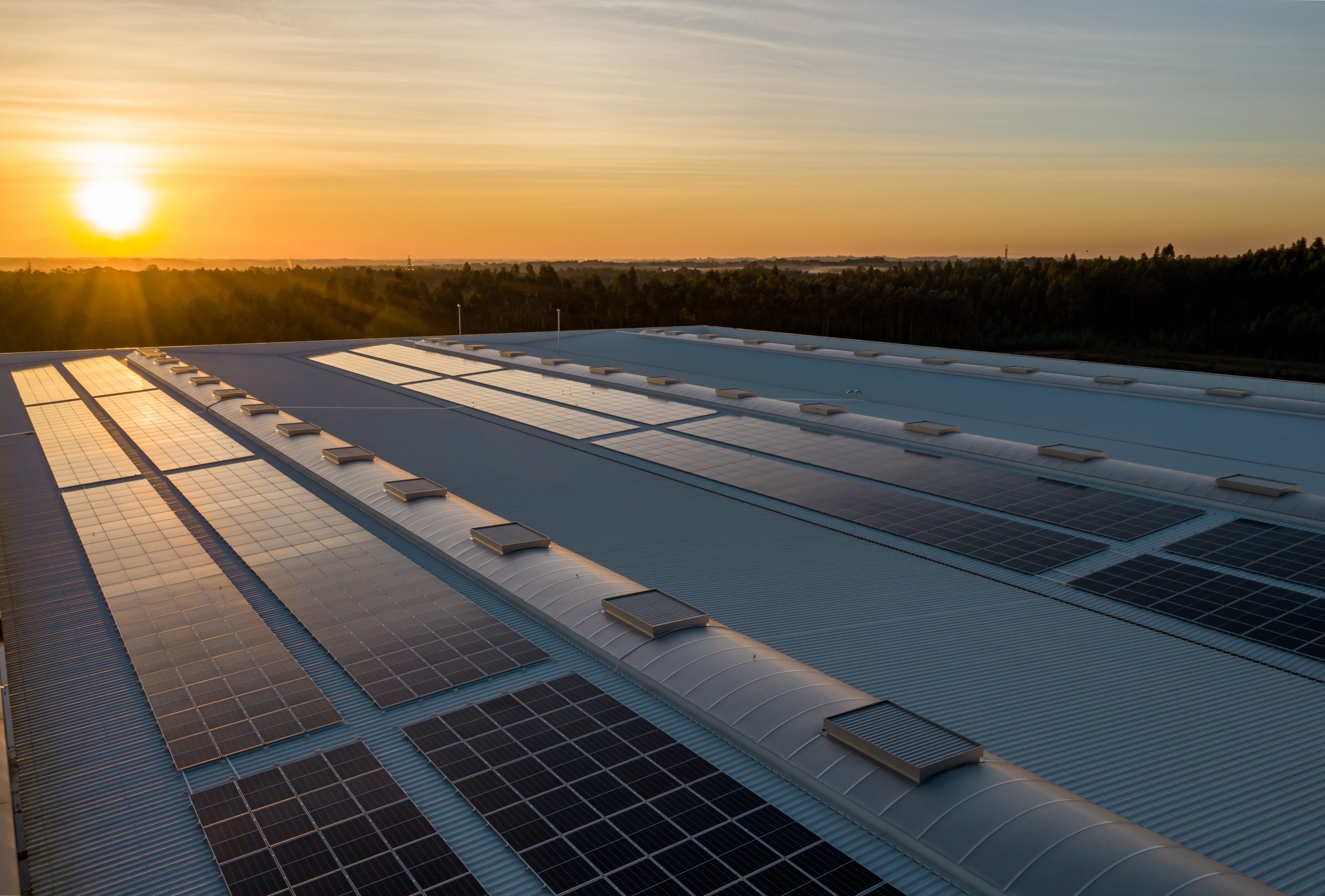Harnessing solar energy might seem complicated at first glance, but worry not—our goal is to demystify it for you. In this latest post, we’re diving deep into everything you should know about solar panel storage. Whether you're looking to understand your storage choices, learn about solar panel batteries, or discover the advantages of solar storage, we’re breaking it all down in plain language. Let’s kick things off with the fundamentals. Simply put, solar energy storage enables you to hold onto the electricity generated by your solar panels for later use. This means you can enjoy the benefits of solar power even when the sun isn't shining. It’s a fantastic way to maximize your energy independence! Thankfully, there’s no shortage of solar panel storage solutions on the market today. Companies like Tesla and Puredrive offer top-tier options, and prices vary widely depending on capacity, chemical composition, and lifespan. Right now, you can expect to pay anywhere from £1,200 to £6,000 for these systems. Prices tend to depend heavily on the battery's capacity and durability, but as more manufacturers enter the space, costs are likely to drop further—just like what happened with solar panels over the years. When choosing the right storage solution for your needs, factors like cost, usage patterns, and capacity will play a key role. If you’re unsure where to begin, feel free to reach out to our team. We’re here to walk you through the entire process and ensure you make the best decision for your situation. Installing solar panel batteries is a great way to achieve true energy independence. These batteries act as the backbone of a self-sufficient solar system. Without them, you’re simply setting up a solar power system; with them, you’re going fully off-grid. Adding a battery to an existing PV setup is usually a straightforward task, and the benefits are significant. By incorporating a solar battery into your system, you’ll be storing excess solar electricity at home instead of sending it back to the grid. Your battery will only send power back to the grid once it’s fully charged, and you’ll only draw from the grid when your battery needs recharging. There are two primary types of battery installations: DC and AC systems. DC battery systems connect directly to your solar panels before reaching the electricity generation meter, eliminating the need for an inverter. According to the Energy Saving Trust, DC systems aren’t charged from the grid. On the other hand, AC battery systems connect after the electricity generation meter, requiring an AC-to-DC converter to transform the generated electricity into usable AC power. Solar batteries typically come in two forms: lead-acid and lithium-ion. While both serve the same purpose, they differ significantly in terms of lifespan, efficiency, safety, and depth of discharge. Researching your options might sound tedious, but trust us—it’s worth it. If you’d prefer, our knowledgeable team is here to guide you through the process and help you find the perfect solution. There are countless advantages to integrating solar storage into your home or business, just like with solar panels themselves. Let’s explore some of the most compelling reasons to consider solar storage. One of the biggest draws of solar storage is its potential to lower your electricity bills. By reducing your reliance on the grid, you’ll cut costs significantly. For those completely off-grid, solar storage can eliminate the need for costly fossil-fuel-powered backup generators. However, if you spend a lot of time at home during the day and consume most of your generated electricity during daylight hours, a battery might not be the best fit. Take the time to evaluate your usage patterns and calculate how long it will take to recoup your initial investment. Of course, saving money isn’t the only reason to invest in solar storage. If sustainability is a priority for you, solar storage is an excellent choice. Over the years, advancements in solar storage technology have made it easier than ever to adopt eco-friendly energy management practices. By switching to a solar battery, you’ll take a major step toward self-sufficiency while reducing your dependence on polluting, high-cost energy providers. With solar storage, you can store excess electricity generated by your panels for future use. This gives you the flexibility to meet your energy demands whenever needed. Having a backup power source at home can be particularly useful during power outages, ensuring you stay powered even when the grid fails. Here’s another perk: if you’re producing more energy than you consume, you can sell the surplus back to the grid and earn credits. Social Energy technology makes this possible, allowing you to turn unused solar power into financial rewards. The Duracell Energy Bank pairs seamlessly with smartphone apps that let you monitor, balance, and control your energy usage remotely. Turning wasted solar energy into profit? That’s a game-changer! While the upfront cost of solar storage can seem steep, it’s important to note that these systems require very little upkeep. Often referred to as a “fit-and-forget†solution by industry experts, solar storage systems typically come with long warranties and minimal servicing requirements. If you’re still on the fence about whether solar panel storage is right for you, don’t hesitate to reach out. We’re always happy to help clarify any doubts you might have. Thanks for reading! If you found this article insightful, feel free to share it with friends who might benefit from learning more about solar storage. And remember, we’re here to assist every step of the way. Cheers to a brighter (and greener) future! Tractor Tiller,Rotary Tiller,Tractor Power Tiller,Pto Tiller,Farm Tillage Tiller,Garden Cultivator Changzhou Kafurter Machinery Co., Ltd , https://www.kafurter.com
Solar Panel Storage Options
Solar Panel Batteries: Going Off-Grid
The Benefits of Solar Storage
Solar Storage Can Save You Money
Solar Storage is Environmentally Friendly
Solar Storage Helps You Utilize Excess Electricity
Solar Storage Could Even Make You Money
Solar Storage Requires Minimal Maintenance